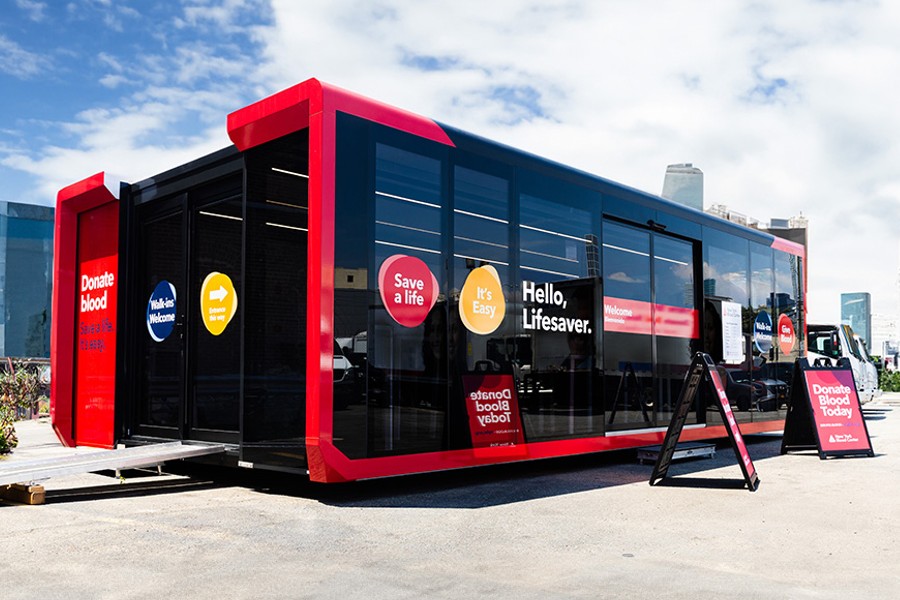
The journey through addiction recovery is seldom a solitary path.
Although individual determination plays a crucial role, the support systems surrounding a person, especially family, significantly impact the effectiveness and endurance of recovery efforts. The strategies and involvement detailed in Addiction Treatment SEO are integral to these support systems, highlighting the family’s pivotal role in fostering a supportive and understanding environment. This blog post explores how a family’s active participation can shape recovery, addressing the challenges and invaluable support they provide.
Family Involvement: A sense of underlying solidity in the recovery process
The family may be upfront in the fight with the addicted relative by performing the most activities. It is a highly professional job with a scope of complexity and a significant level of tension—from the initial diagnosis to arranging treatment and supporting rehabilitation. To obtain the best opportunities for family unity, awareness of the kid’s multifaceted sides of addiction is what to keep in mind; this will not only enable them to provide appropriate support but also to evade enabling behaviors.
Education is one of the top techniques for families to assist in the recovery of their members. By familiarizing themselves with the nature of the addiction, the difficulties of recovery, and the possibility of relapse, families can justify their conflict between emotional support and limits. Furthermore, they gain wisdom by being self-aware enough to engage and work well with the treatment providers while actively participating in therapy sessions and other recovery activities.
Close family members’ emotionally high levels of attention are no less significant. People who are having issues with addiction at the moment may feel separated, seeing themselves as the only individual experiencing difficulties. Family inclusion and bonding can be powerful tools that help youth trust themselves and think they are not alone. Your aid is impartial because it provides open and honest communication in which you can share and discuss your feelings and struggles with someone who will never judge you. A stimulating environment will build people’s confidence and give them enough strength to return.
Navigating the Challenges Together
On the one hand, family support is bound to be correct. On the other hand, there is the flip side of their being however disadvantageous. The family might face tensions, lack of trust, or intense emotional roller coasters within the closeness of a unit as a consequence of the addiction straining their relationship. The problem is that these obstacles can make the recovery process quite tricky. Thus, the families need to find their assistance and counseling to speed up the process. Family therapy can be transformative as it provides a means to heal wounds, sort out old grievances, and establish successful communication afterward.
Another essential challenge is to think of methods that allow maintenance between facilitation and empowerment. Families must create ways to preserve their space and allow their loved ones to move comfortably on their recovery path. These ways may consist of rules of alcohol use information, money awards, and living in a familiar place (even temporarily). Among all lessons and reminders, learning to say “no” at times is usually as crucial as volunteering.
In cases where children are included, the offenders’ families have to increase their actions to protect and educate the young members. It is possible to have pledge talks about drug abuse, considering its implications, horrible effects, and the role of emotional wellness in life. These dialogues can be significant not only in the prevention of certain unhealthy behaviors but also in healthily nurturing the next generation.
Conclusion
The role of family in the process of addiction rehabilitation is complex, but it is not in doubt that it is of the utmost importance. They are providers of the deeper emotional support that safeguards their recovery journey. Through education, mental support, and involvement in pathways of their fellow family members appearing in therapeutic processes, the families, too, embark on the roads to their own reconciliation and learning.
Combined efforts to address issues and find ways of supporting without enabling may transform the families into strong pillars of support of their kin that will never fail under the pressure of relapse. At its core, when families can support the healing process of a member who is battling against an addiction, they not only help to put the life of the individual member in order and put it back on the rails, but they also build up the whole family structure and make it robust.
Become a Harlem Insider!
By submitting this form, you are consenting to receive marketing emails from: Harlem World Magazine, 2521 1/2 west 42nd street, Los Angeles, CA, 90008, https://www.harlemworldmagazine.com. You can revoke your consent to receive emails at any time by using the SafeUnsubscribe® link, found at the bottom of every email. Emails are serviced by Constant Contact








